Three Days Confined to Barracks may refer to:
- Three Days Confined to Barracks (1930 film), a German comedy film
- Three Days Confined to Barracks (1955 film), a West German comedy film, a remake of the 1930 film
Three Days Confined to Barracks may refer to:
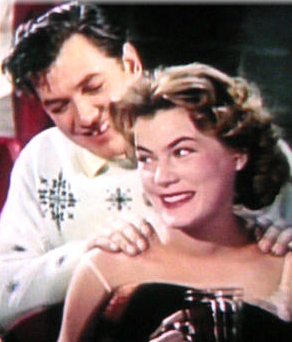
Eva Irene Probst was a German actress.
Fritz Schulz was a German and Austrian movie and stage actor, singer and director.

Felix Bressart was a German-born actor of stage and screen whose career spanned both Europe and Hollywood.
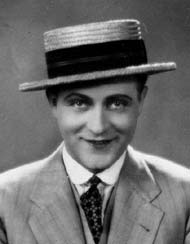
Willy Fritsch was a German theater and film actor, a popular leading man and character actor from the silent-film era to the early 1960s.
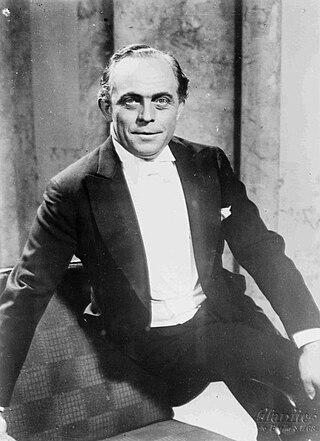
Hugo Fischer-Köppe was an early German film actor.
Arnold Pressburger was an Austrian Jewish film producer who produced more than 70 films between 1913 and 1951. Pressburger was born in Pressburg, Austria-Hungary and died in Hamburg, Germany from a stroke.
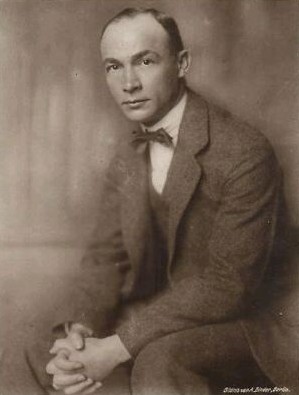
Paul Otto Schlesinger was a German film actor and director. Born in Berlin, he began a qualification as a retail merchant and made his actor's debut at the age of 17. Otto worked at Theaters in Halle, Wiesbaden and Hanover before he returned to Berlin about 1906.

Ida Wüst was a German stage and film actress whose career was prominent in the 1920s and 1930s with Universum Film AG (UFA).
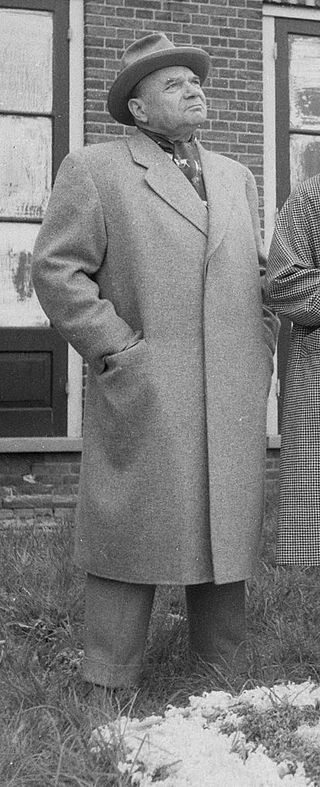
Georg Jacoby was a German film director and screenwriter.
Carl Eduard Hermann Boese was a German film director, screenwriter, and producer. He directed 158 films between 1917 and 1957.

Gretl Theimer was an Austrian actress.
Károly Nóti was a Hungarian screenwriter. For his work in Germany and Britain he was credited as Karl Noti. During the 1930s Nóti was one of the leading and most prolific screenwriters in the Hungarian industry.

Three Days Confined to Barracks is a 1930 German comedy film directed by Carl Boese and starring Max Adalbert, Ida Wüst, and Gretl Theimer. The film is a farce set around a military barracks. It was a major hit on its release. It was shot at the Tempelhof Studios in Berlin. The film's sets were designed by the art director Emil Hasler. It was later remade in 1955 under the same title.
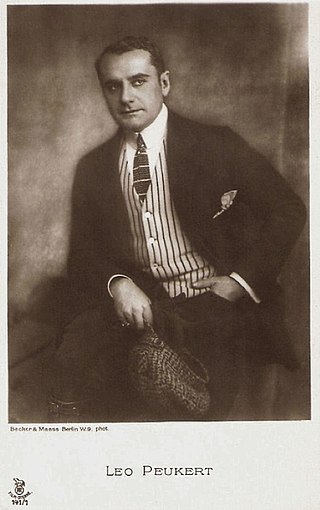
Leonhard "Leo" Peukert was a prolific German film actor and film director, appearing in more than a hundred and fifty productions between 1910 and his death in 1944. While occasionally he played a leading role in his early years, such as the comedy The Happy Journey (1924), he mostly appeared as a character actor. Peukert was also a film director, making eleven short and feature films during the silent era.
Martha Dübber was a German film editor. She worked on more than eighty productions between 1930 and 1962.
Emil Hasler was a German art director who worked on more than a hundred films during his career. These included a number of Weimar classics such as Diary of a Lost Girl, M and The Blue Angel. He later worked in Nazi era cinema on films like Robert Koch and Münchhausen.
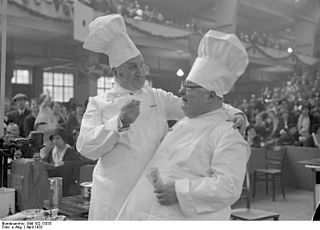
Henry Bender was a German stage and film actor. He appeared in more than a hundred films during his career.
Robert Lach (1901–1971) was an Austrian cinematographer.
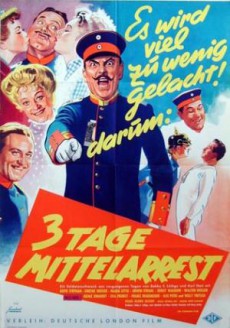
Three Days Confined to Barracks is a 1955 West German comedy film directed by Georg Jacoby and starring Ernst Waldow, Grethe Weiser and Eva Probst. It was shot at the Wandsbek Studios in Hamburg. The film's sets were designed by Erich Kettelhut and Johannes Ott. It is a remake of the 1930 comedy film Three Days Confined to Barracks. Like its predecessor it is a comic portrayal of life in the German Army at the beginning of the century.
Elfie Pertramer (1924–2011) was a German stage and film actress. Born in Munich, she appeared in a number of films, particularly comedies, with a Bavarian theme.